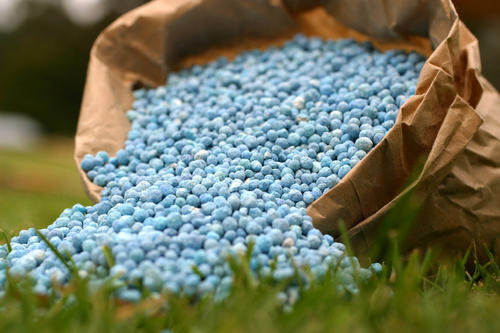



Article by: Hari Yellina (Orchard Tech)
Due to a global shortage of chemical fertiliser, the market for manure, from pigs, horses, cattle and even humans, has never been in such demand. In fact, farms that host animals are completely sold out of animal waste. This is because farmers are hunting for alternatives to the more commonly used phosphate and nitrogen-based fertilizers that are vital to boosting crop yields. Prices of synthetic fertilizer, which rely on natural gas and coal as raw materials, have soared amid an energy shortage and export restrictions by Russia and China.
Therefore, this is adding to challenges for agricultural supply chains at a time when global food costs are near a record high and farmers scramble for fertilisers to prevent losses to global crop yields for staples. Additionally, manure is mostly a local market and truckloads won’t go further than 80 kilometres. When crop, fertiliser and manure prices soared about a decade ago, more farmers reintroduced animals such as hogs and cattle onto their land, in part for their manure. That option could again be on farmers’ minds as fertilizer costs soar.
In the U.K., not only are farmers scrambling for animal compost, but many are even trying to get their hands on treated sewage sludge containing human excrement, or biosolids. David Butler, who farms wheat, oats and peas in the southwest of England, has traditionally relied on his own herd of cows to produce animal waste that he uses for his crops.
In Australia’s Queensland state, Brian Mclean, general manager of an organic fertilizer company, said that sales of his poultry manure compost are going through the roof. If interest keeps up at the same rate, people seeking ready-treated manure in the area would soon miss out. In just the last few months he has sold about 15,000 tons, compared to around 2,000 tons at the same time last year, though some of the renewed fervour has been driven by a bounce-back in weather conditions after years of drought. Nevertheless, while manure is an inexpensive alternative to pricey synthetic fertilizers, it is surely a poor replacement for those accustomed to traditional fertiliser products.